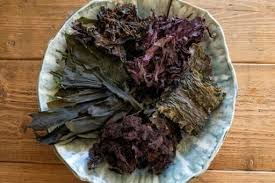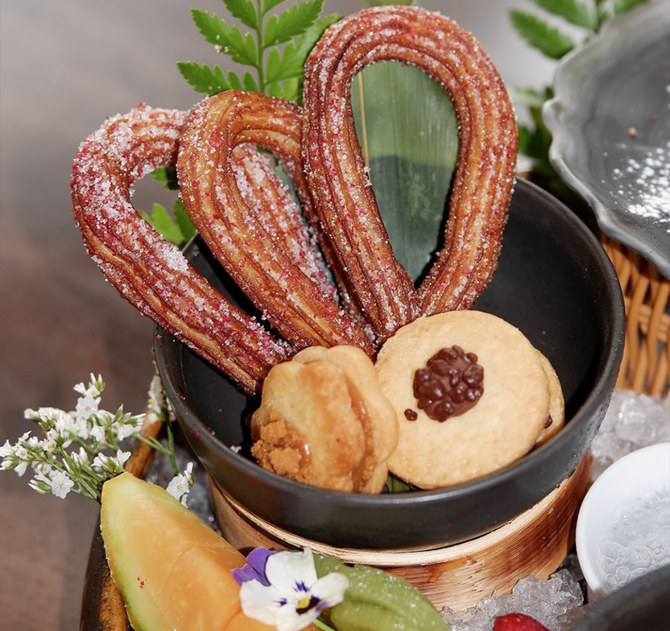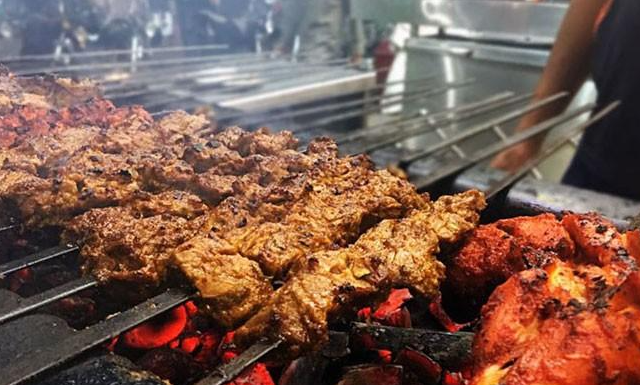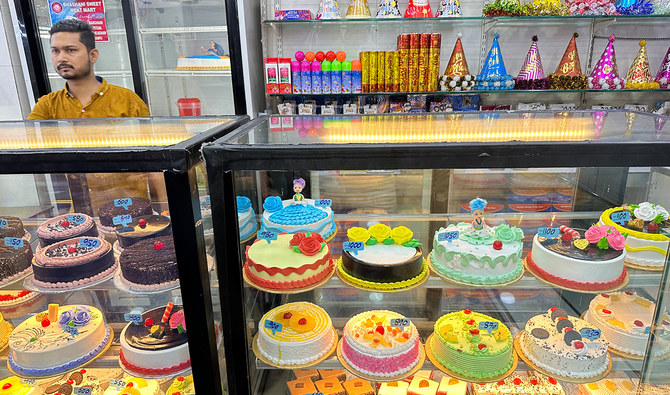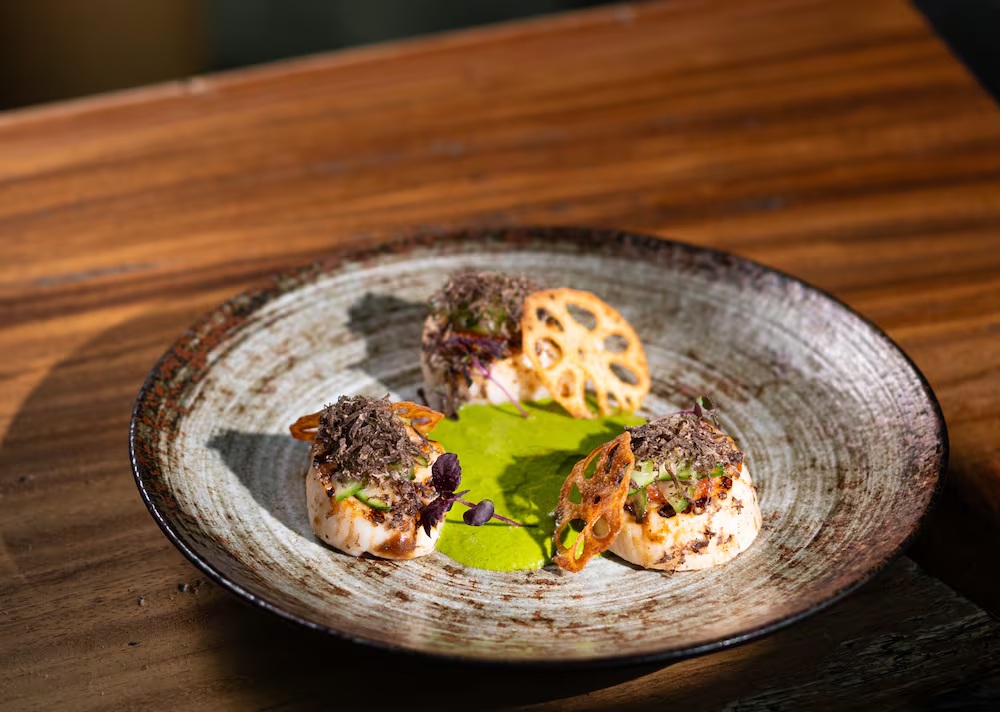Monitoring Desk
The ancient Greeks and Romans used saffron as perfume, and saffron is mentioned in the Chinese materia medica from the 1550s. Today the herb is also used as a cooking spice and a clothing dye. It’s now an essential part of some Eastern, Middle Eastern, and European dishes, such as the French bouillabaisse, Spanish paella, Moroccan tagines, and many more dishes. Saffron, however, is a very expensive spice. Its costliness has to do with its harvesting. Only a small amount of each saffron flower is used, and all harvesting must be done by hand.
Saffron is believed to be native to the Mediterranean, Asia Minor, and Iran, although Spain, France, and Italy are also now primary cultivators of the spice. The spice we think of when we hear “saffron” is actually only a small part of the plant itself. Saffron (Crocus sativus) is a purple flower. What we use for that distinctive yellow color, sweet-herb smell, and bitter taste is actually the stigma (plural stigmata)—the pollen-germinating part—at the end of the red pistil, the female sex organ of the plant.
There are only three stigmata in each saffron flower. Once the stigmata (and their red pistils) have been separated from the plant, they are dried to preserve their color and flavor. Since such a small part of the flower is used, it takes 75,000 saffron flowers to make one pound of saffron spice. The small amount of saffron spice per plant, along with the fact that harvesting must be done manually, leads to saffron’s being majorly expensive.
Courtesy: Britannica



